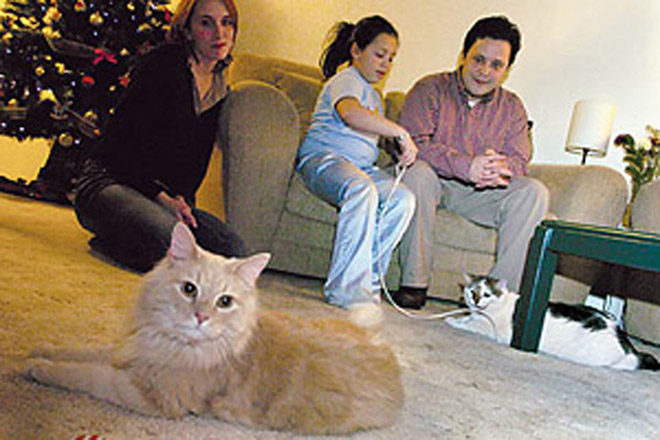Here is an article provided by BBC News.
Does managing everyday life feel as if it is becoming too complex and stress-inducing?
One thing most people - no matter what they do at work and outside of work -seem to have in common is that they're always busy, always on, always trying to keep up with an endless array of challenges and tasks hurtling their way. Even when people know what they need to do, the sheer volume of tasks filling up countless sticky notes, smartphone memos, and good old-fashioned "to do" lists adds up to one big serving of complexity.
Technology is meant to make everyday life more efficient, but ironically, it too creates it share of unnecessary complexity with profuse password prompts and inboxes brimming with 500 new emails per day. Why do I need to sign into an app or website using Facebook or Twitter? And the pile-on of technological simplifiers that complicate things goes on and on - just how many passwords do you have to remember to sign into everything you need for daily life and work?
Could the solution be to create complexity-free zones, which at least sometimes, would help keep us balanced and less stressed.
It's not as crazy as it sounds. Most of us are probably engaged in regular activities in which the payoff is in the feeling of simplicity they evoke, even if that feeling is fleeting. If you do yoga or meditation, you know what I mean. Psychologists refer to it as the power of mindfulness, which roughly translates into living in the moment and not cluttering your brain with too many other things.
Embracing real simplicity in everyday life isn't always easy, but it's not impossible, and there are things we can do to create more complexity-free zones.
Start by looking for the simple solution to things, at least as a first step. This can be almost laughably easy. What's the first thing you should do when your computer, printer or modem freezes? Unplug. Before I learned that little lesson, how much time did I waste looking at manuals, waiting for tech support and calling customer service?
Creating complexity-free zones at work could be a lot tougher, depending on what you do, but here are three ideas that could help.
Don't constantly check your email. The only way to do that is to exit Outlook, or whatever email service you use. The temptation to check what's there is too great otherwise. Carve out a time period - start with 20 minutes and move up to two hours, or longer - when you're just not connected. This might not be feasible for everyone, but 20 minutes is a manageable start for most.
If you can't do that, your problem is less that you've got too much to do and likely more about email addiction. By the way, phones still work, so it's not as if you're locking yourself up in a monastery by shutting down Outlook for a bit.
React less. Many managers spend their days fighting fires, reacting to what is happening, rather than controlling events. You can get better at this by building a 15-minute "reflection break" into as many of your days as possible. This is time where you think - I know, almost unheard of in our 24/7 world. Think about what you should do better, differently, or not at all. Take the time to be more proactive, rather than reactive. The greater sense of control that comes with reflection will pay for itself many times over in the form of reduced stress.
Use your resources. Imagine you could magically create a team of people who can contribute rather than having to do everything yourself. Newsflash: If you're a manager, you've probably got people reporting to you already.
The best managers are great delegators. Are you? It's not simple to be a manager, but the principles of delegation are simple enough. Set clear goals. Empower people to take charge. Hold them accountable. Coach them. You'll know you're getting this reasonably right when you feel confident enough to take your reflection breaks every day.
All of these suggestions have one thing in common that is as valuable as anything you can imagine - they create time. With time comes greater control and less stress. Simplicity is one of those rare states where the old adage that less is more actually holds true.






